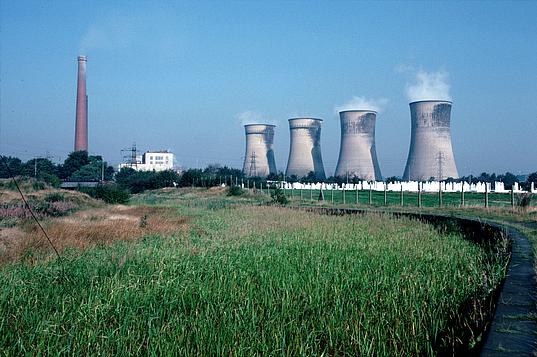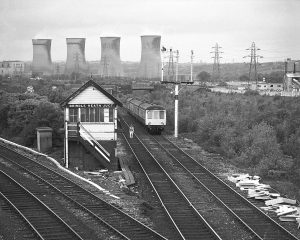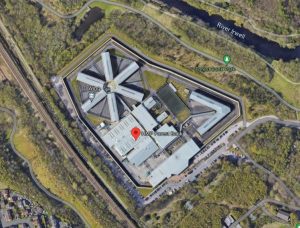
Today marks an important milestone in the UK’s road to carbon neutrality as the last ever coal power station closes down.
Throughout this article, Salford Now will reflect on the history and the impact of coal power across Salford by taking a look back on Agecroft Power Station.
Since 1882, Britain has utilised coal power for public use and it was once 80% of all power used in the country.
Now over 100 years later, to mitigate climate change, the nation’s last ever coal-fired power station in Ratcliffe-on-Soar in Nottinghamshire has ceased operations and will now begin decommissioning after being open since 1967.

For nearly 70 years, Salford was home to Agecroft Power Station, with four cooling towers along the River Irwell that overlooked the city.
The station powered Greater Manchester and surrounding areas with 100,000Kw of electricity, and was supplied by Salford’s own Agecroft Colliery acting as its primary customer.
The mounds of coal would be transported by a conveyor belt directly from the mine to the station, along a bridge over Agecroft Road.
The station was decommissioned in 1993, and demolished soon after in 1994; the colliery had closed two years prior to this.

A handful of buildings of the site still remain, however, the site has been taken over by HMP Forest Bank, a category B prison for male offenders that opened in 2000.
Earlier this year, Salford Now spoke to a former miner in Salford, who had worked in Agecroft Colliery from the age of 15. He discussed the 1984 miners’ strike, forty years on.
Alex Channon, worked as a fitter in Agecroft Colliery and reflected on the miners’ strikes: “We just turned up for the day shift one day, and there was just 100s of picketers and a small group of police officers,” he said.
“I found it a little bit frightening, there was a lot of aggression on both sides, which didn’t go down well.”
“They put barriers across the entrance to stop miners who wanted to work from getting in.”
He discussed the impact on families of the mining communities: “People lost their home because they couldn’t pay their rent,” he said.
“You’d have fathers, sons and brothers working in the same pit. Some worked, some didn’t.”
With the final coal power station beginning its decommission it is an end to a once dominant power across the country, and marks a change in the nations thoughts on the climate crisis.














Recent Comments